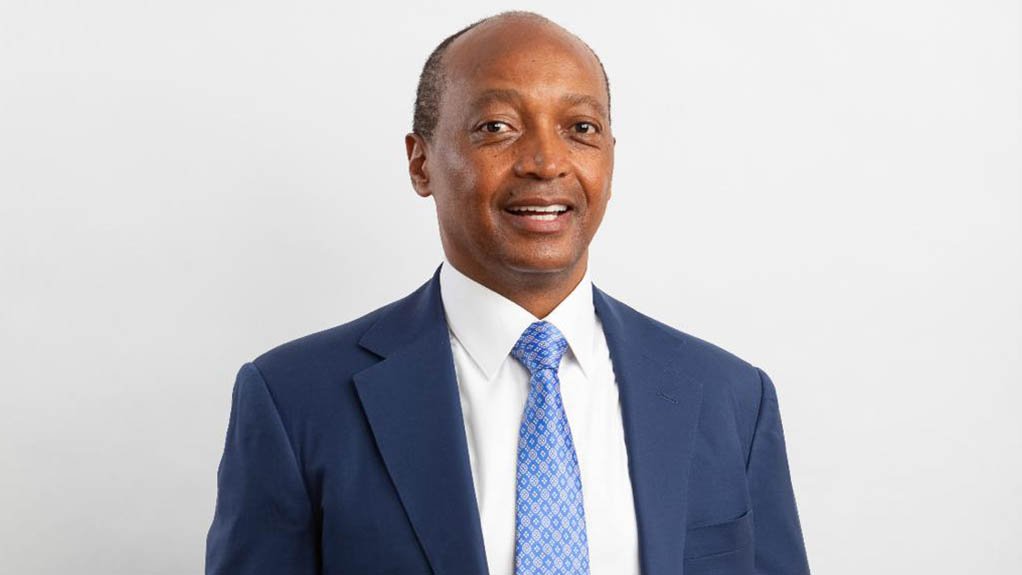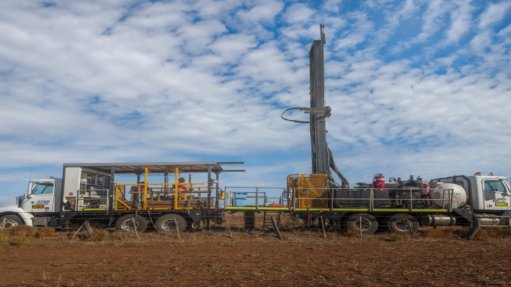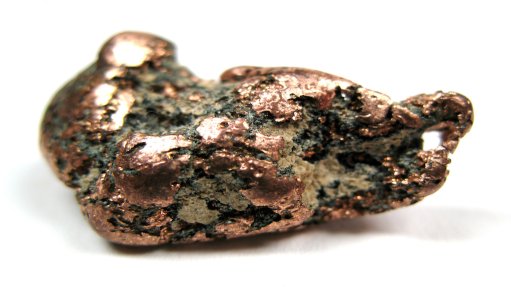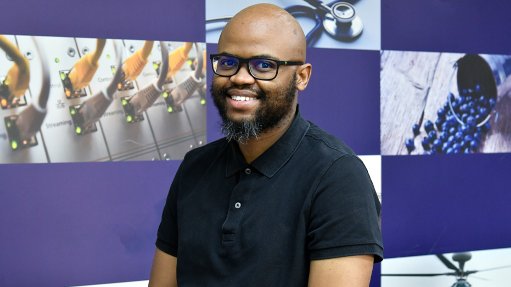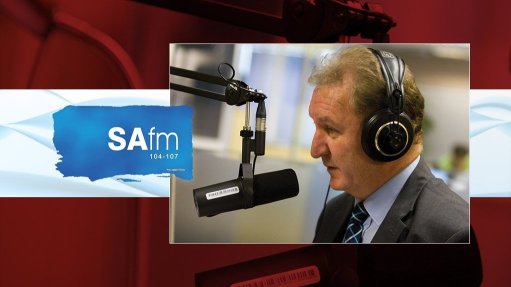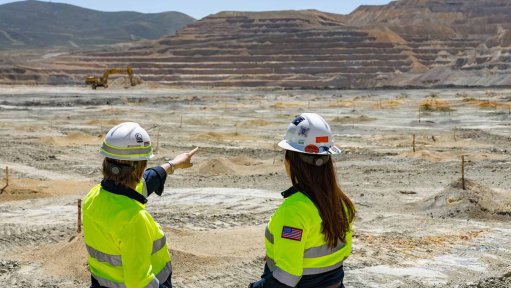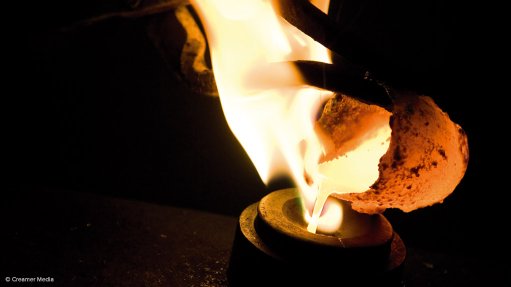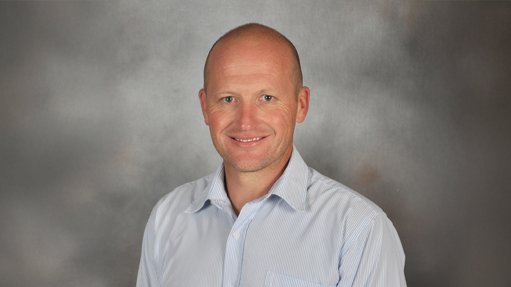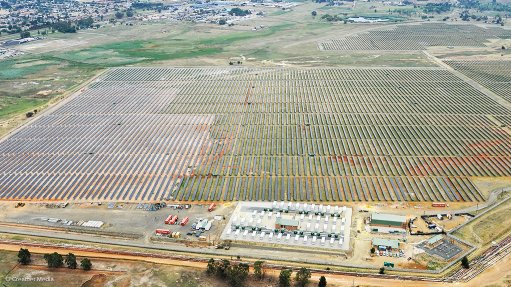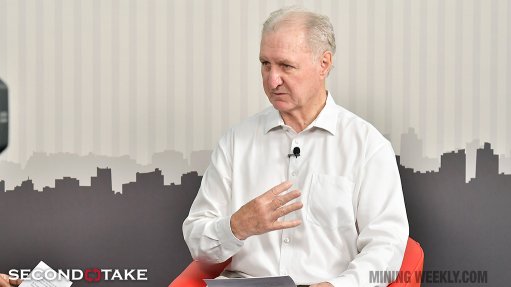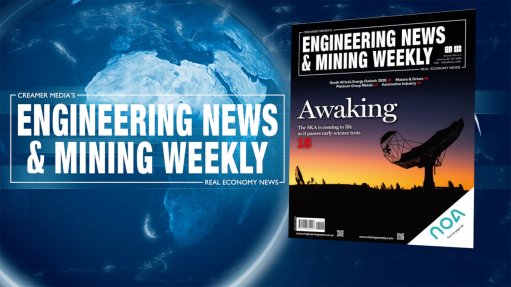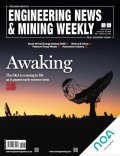African Rainbow Minerals wants to maximise the equity it has in Harmony Gold
JOHANNESBURG (miningweekly.com) – The global market is going through a very challenging time right now, African Rainbow Minerals (ARM) executive chairperson Dr Patrice Motsepe noted on Friday, when the Johannesburg Stock Exchange-listed company reported a 43% fall in headline earnings to R5.1-billion in the 12 months to June 30.
“You’ll see from our results that headline earnings, dividends and various other indicators – in line with mining companies all over the world – have come down,” Motsepe outlined, ahead of highlighting the strong performance of Harmony Gold, of which ARM has been an integral part more than two decades.
“I’m very proud of how Harmony has grown,” Motsepe enthused, noting that “they wanted to call it Harmony ARM Gold, and I said, no, just call it Harmony”, to avoid shareholders queries around its great share price and incorporation advocacy.
But, he indicated, the future might be different: “I think in future there’ll be a question mark,” in the context of the importance of copper long-term, and both companies entering the copper space, Harmony in Australia and Papua New Guinea, and ARM in Canada.
During question time, he said of the Harmony opportunity: “We've been looking at this question for the last 15 years, with the simple objective of doing what’s in the best interest of our shareholders.
“Do we sell it? Do we hold onto it? Our role in Harmony is significantly more than just a passive role, in the sense that Harmony was a merger between our company, ARM Gold, which laid the foundation of African Rainbow Minerals, and Harmony.
“We’re a very long-term shareholder and I think there's also some issues about being an anchor shareholder, but we view Harmony in the same way as any other investment.
“We have to do what's in the best interest of our shareholders. If what's in the best interest of our shareholders is to sell Harmony, we'll do that.
“Some of our shareholders, earlier during the year, noted Harmony’s high price, and the point raised is absolutely correct.”
Motsepe's reference was to the point raised during question time by HSBC mining equity analyst Leroy Mnguni, who expressed understanding that the Harmony stake gives ARM future copper exposure and that Harmony has done very well for ARM, but posited that the benefit did not carry through to ARM’s earnings nor its free cash flow.
“Would it not be more beneficial for ARM to monetise the Harmony stake and to invest in assets that ARM can control and can directly benefit from, in terms of earnings and free cash flow?” Mnguni asked.
In response, Motsepe outlined ARM’s active participation beyond Harmony’s board meetings and in its executive committee, where it provides fundamental inputs on the gold company’s operations and how they are running.
“We’re enormously excited about Harmony’s huge investments in copper,” said Motsepe, who has been Harmony chairperson since the merger.
“We want to maximise the equity we have in Harmony. One of the things that the management was looking at, and good work has been done, is does part of the strategy in the short-term entail using some of the Harmony equity, which is very high right now, to enable us to get bank loans and use that, in essence, as security or to cash. We're looking at all of those options.
"The beauty is were not desperate. We've made mistakes at the past, where it was the right thing at the time to sell. I won’t mention some of the assets that we sold, which we should never have sold, but at the time, it was absolutely the right thing to do without the benefit of hindsight.
“A few years down the line, my shareholders came and said they had applied pressure at the time to sell, and indeed it was the right thing then, but now, if we had held on, we would have made five, six, seven to ten times the amount that we received at the time of the sale.
“So, you don't fall in love with any asset. You fall in love with the profitability. You fall in love with its value creation capacity for shareholders. You fall in love with the absolute duty and commitment to create maximum value for shareholders,” Motsepe philosophised.
Meanwhile, the decline in the average dollar six-element (6E) platinum group metals (PGM) basket price and lower thermal coal prices was partially offset by a weaker average rand/dollar exchange rate and higher average realised export iron-ore prices, ARM reported.
Unit costs remained under pressure owing to lower production volumes, above-inflation increases in electricity costs, and higher waste-stripping expenses at the iron-ore operations.
“But for us – I said this 25 years ago, 20 years ago, 15 years ago, and I'll say it for as long as I'm executive chairman of African Rainbow Minerals – these are times that create opportunities for those who have been there long enough,” Motsepe opined.
CHROME RECOVERY
Meanwhile, the construction of a chrome recovery plant has been approved by the ARM board to take advantage of a by-product that is currently fetching attractive pricing.
Also highlighted was ARM’s acquisition of 15% of Surge of Canada giving the company access to copper, molybdenum, gold and silver.
The Johannesburg Stock Exchange-listed ARM mines and beneficiates iron-ore, manganese ore, chrome ore, PGMs, nickel and coal, and on current low prices, Motsepe said: “We’re very confident that in the medium-to-long term prices will stabilise."
Meanwhile, there is a huge focus on cost reduction and efficiency implementation, "because when prices are down and we strategically increase volumes, it has an impact on profitability" he added.
At its Bokoni PGM mine, the current priority is to conserve cash while ramping up production in a phased and measured manner, an approach that will maximise in a cost-reducing way the use of the operation’s existing surface and concentrator plant.
The Two Rivers Merensky project has been placed on care and maintenance from July 2024, driven by the current downward cycle in the PGM market. The restart of this project will be evaluated when PGM prices have recovered.
ARM Ferrous headline earnings were 9% lower at R5 058-million, driven by a 90% decrease in headline earnings in the manganese division and partially offset by a 19% increase in headline earnings in the iron-ore division. Average manganese ore prices were lower on lower grade and higher railage tariffs.
ARM Platinum headline earnings decreased 162% to a headline loss of R910-million.
Two Rivers Mine headline earnings reduced to R168-million, which includes a negative mark-to-market adjustment of R193-million.
The decrease in headline earnings was mainly due to a 33% decline in the average basket price and a 17% increase in unit cash costs (on a rand per 6E PGM ounce basis).
The above-inflationary increase in unit costs results from increased milling of Merensky ore.
The Merensky ore arose out of the development of the Merensky shaft and came at a higher cost than upper group two ore.
The Modikwa mine reported a 115% decline in headline earnings to a headline loss of R121-million, largely driven by a 35% decrease in the average basket price, with production increased marginally, while unit cash costs (rand per 6E PGM ounce) rose by 6%.
Bokoni reported a headline loss of R566-million driven mainly by the mine ramping up to its first PGM ounce production. Bokoni's first PGMs were produced in November 2023, and unit cash costs are within the range expected from production ramp-up.
The Nkomati mine reported an attributable headline loss of R391-million mainly owing to an increase in the provision for rehabilitation owing to higher water management costs arising from the water treatment plant. The mine was placed on care-and-maintenance on 15 March 2021. ARM and its joint-venture partner have concluded a purchase and sale agreement.
ARM Coal reported headline earnings of R391-million, compared with R1 535-million in the corresponding period of last year, owing to mainly a 33% reduction in the realised coal price at GGV and a 36% reduction at PCB.
Machadodorp Works reported a headline loss of R221-million related to research on developing energy-efficient smelting technology.
A final dividend of R9 a share has been declared, while net cash on hand as at June 30 was R7.2-billion.
Article Enquiry
Email Article
Save Article
Feedback
To advertise email advertising@creamermedia.co.za or click here
Announcements
What's On
Subscribe to improve your user experience...
Option 1 (equivalent of R125 a month):
Receive a weekly copy of Creamer Media's Engineering News & Mining Weekly magazine
(print copy for those in South Africa and e-magazine for those outside of South Africa)
Receive daily email newsletters
Access to full search results
Access archive of magazine back copies
Access to Projects in Progress
Access to ONE Research Report of your choice in PDF format
Option 2 (equivalent of R375 a month):
All benefits from Option 1
PLUS
Access to Creamer Media's Research Channel Africa for ALL Research Reports, in PDF format, on various industrial and mining sectors
including Electricity; Water; Energy Transition; Hydrogen; Roads, Rail and Ports; Coal; Gold; Platinum; Battery Metals; etc.
Already a subscriber?
Forgotten your password?
Receive weekly copy of Creamer Media's Engineering News & Mining Weekly magazine (print copy for those in South Africa and e-magazine for those outside of South Africa)
➕
Recieve daily email newsletters
➕
Access to full search results
➕
Access archive of magazine back copies
➕
Access to Projects in Progress
➕
Access to ONE Research Report of your choice in PDF format
RESEARCH CHANNEL AFRICA
R4500 (equivalent of R375 a month)
SUBSCRIBEAll benefits from Option 1
➕
Access to Creamer Media's Research Channel Africa for ALL Research Reports on various industrial and mining sectors, in PDF format, including on:
Electricity
➕
Water
➕
Energy Transition
➕
Hydrogen
➕
Roads, Rail and Ports
➕
Coal
➕
Gold
➕
Platinum
➕
Battery Metals
➕
etc.
Receive all benefits from Option 1 or Option 2 delivered to numerous people at your company
➕
Multiple User names and Passwords for simultaneous log-ins
➕
Intranet integration access to all in your organisation



